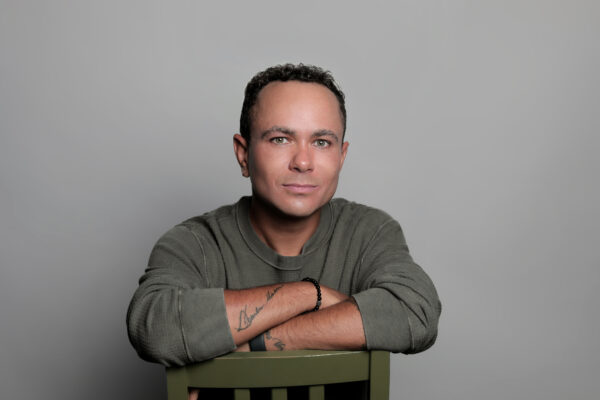At Faebl Studios, we believe in the transformative power of art to inspire, provoke thought, and drive change. One of the ways we do this is by exploring and discussing impactful films that shed light on critical societal issues. Today, we delve into the movie “Body Brokers”, a film that uncovers the dark underbelly of the rehab industry and the unethical practice of body brokering.
We pay tribute to the late Michael K. Williams, who delivered a powerful performance in the film and discuss the implications for owners, managers, and marketing teams in substance-use treatment facilities.
In the field of substance use treatment, the ethical standards we uphold are as vital as the services we provide.
Body Brokering: A Disturbing Reality in Substance Use Treatment
Body brokering is a practice where individuals suffering from addiction are sold to treatment centers for a commission. This practice, prevalent in our industry, commodifies vulnerable individuals seeking help. As leaders in substance use treatment, it’s essential that we understand and address this issue.
“Body Brokers”: A Wake-Up Call for Substance Use Treatment Facilities
The movie “Body Brokers” brings the issue of body brokering to the forefront. While it is a work of fiction, the story is deeply rooted in reality, inspired by the experiences of writer-director John Swab. The film serves as a stark reminder of the ethical issues plaguing our industry and the urgent need for reform.
In the film, Utah, portrayed by Jack Kilmer, is a young drug addict who is unknowingly approached by a patient broker, Wood, and admitted to a treatment center in Southern California. The movie follows Utah’s journey to sobriety, revealing that not everyone admitted into a treatment facility is there for the right reasons. The film is a chilling exploration of the dark side of the substance use treatment industry, and it serves as a wake-up call for the need for stricter regulations and oversight.
Michael K. Williams as Wood: A Tribute
In “Body Brokers”, the character Wood, portrayed by the late Michael K. Williams, is a poignant representation of the victims of body brokering. Williams, known for his powerful performances, brought depth and humanity to the role. His portrayal of Wood’s struggle with addiction and exploitation by the treatment industry was both moving and eye-opening.
Williams, a versatile actor best known for his role as Omar Little in “The Wire”, sadly passed away recently. His performance in “Body Brokers” is a testament to his immense talent and his ability to shed light on complex societal issues through his art. His portrayal of Wood serves as a stark reminder of the human cost of body brokering, and his performance is a call to action for change.
Implications for Substance Use Treatment Facilities
The film “Body Brokers” highlights the need for regulation and oversight in the substance use treatment industry. As owners, managers, and marketing teams, we have a responsibility to ensure our practices are ethical and transparent. The film serves as a reminder of the power of ethical marketing in promoting our services and the potential it has to drive reform.
The film also underscores the importance of transparency and accountability in our operations. It’s a call to action for us to implement stricter regulations and for consumers to demand transparency and accountability.
The movie “Body Brokers” is available now on Amazon Prime Video on Demand for rent or purchase. It serves as a stark reminder of the damage addiction causes and the lives that have been lost along the way. As leaders in the substance use treatment industry, let’s use this as a catalyst to raise awareness about such issues and advocate for change. There’s never been a more important time for a film like Body Brokers to remind us that recovery is possible– but it takes work. There are no shortcuts to recovery. It’s a daily reprieve, and it takes working with others to keep the disease at bay.
In conclusion, the ethics in marketing, particularly in the context of body brokering, is a complex issue that deserves our attention. The practice of body brokering highlights the dark side of the substance use treatment industry, where vulnerable individuals are exploited for profit. Through media like the movie “Body Brokers”, these ethical concerns are brought to the forefront, encouraging dialogue and potential reform. As we remember the late Michael K. Williams and his portrayal of Wood, let us also remember the importance of ethical practices in all aspects of our operations.




